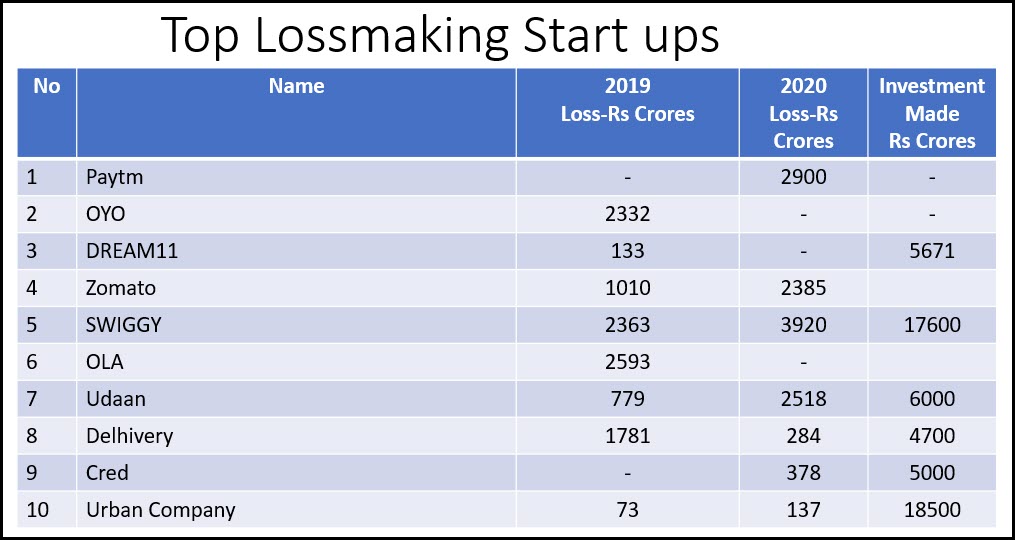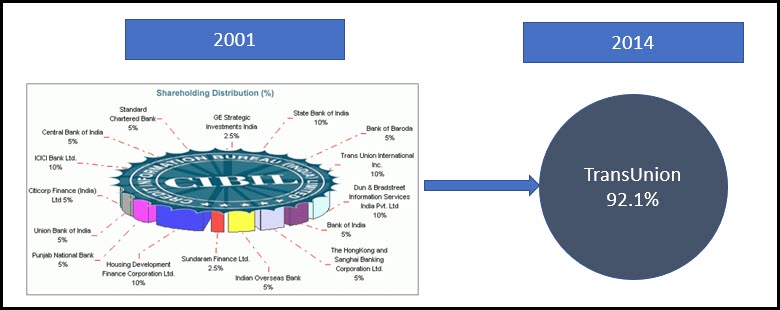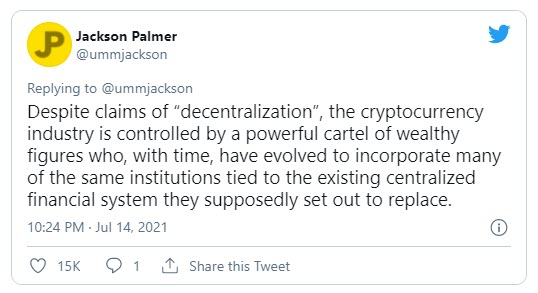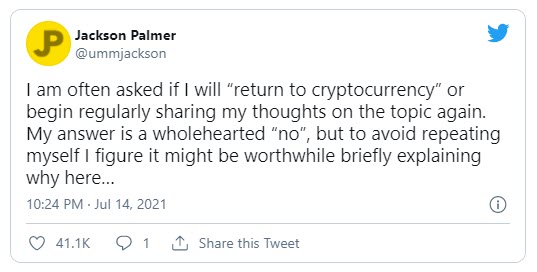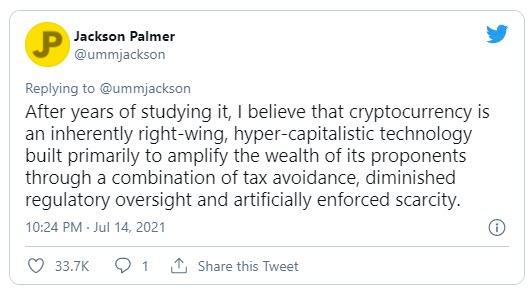The Zomato public issue of shares to raise Rs 9735 crores of public money to a company which has been consistently making losses and has declared that it will continue to make losses even in the future is a dangerous trend that is infecting the Indian investment scenario like a Virus.
Now PayTM is getting ready with even bigger losses to enter the IPO and other startups like Cred will soon follow suit.
In all these cases, one can see a Ponzi scheme of raising money from public to pay off the investors who had invested in the earlier private placement rounds.
The system of angel investors funding a new risky technology venture at the pilot stage and the Venture Capitalists at the stage when the concept is further developed until it is ready to go public is a great idea which needs to be encouraged for the benefit of genuine entrepreneurs. But in view of the risk involved, such projects cannot be funded out of debt from the Banking institutions but need to be funded by equity investors who can absorb the risk. Hence the private placements by angel investors and venture capitalists are acceptable. But before they want to take their money out by bringing in the public, the company should start earning profits.
Currently, this scheme of funding new ventures is being fraudulently abused by some venture capitalists and their beneficiaries. The game is for a company to first raise some funds at a premium, use the money to advertise and acquire customers offering deep discounts on products and services, and there after raise further money from other venture capitalists, do more advertising, acquire more customers for the service to create a growth narrative.
Most of the customer acquisitions are successful because the products and services are sold below cost and consumers are in a way bribed to become a member. The companies firstly pick up valuable personal data of the subscribers to trade and then show the growth rate as a success story to raise further private equity.
The entire private equity so gained will add to the “Reserves” account in the balance sheet as “Share Premium” and add to the networth for the company. But the funds would be burned out through expenses which will be greater than the earnings. Most such companies make “Marginal loss on every unit sold”.
The following is a list of loss making companies compiled from some available public sources of which Zomato has now tasted the investor’s blood by its public issue.
Other companies in the list will soon hit the stock markets and try to siphon off public investments.
We must remember that some of these investments may come from Mutual Funds and the public funds in the Banking industry will also be used to fund these IPOs through the mutual fund route.
This is the Harshad Mehta scam back in the game, this time with the assistance of SEBI.
SEBI was an institution whose basic objective was to protect the interest of the investors. The institution and its predecessor, the Controller of Capital Issues (CCI) always exercised strict control on the pricing of public issues. Until recently it was a pre condition that only profit making companies could go public and raise public money on the basis of the prospectus document which was an honest declaration of the organization about the past financial position of the company, proposed new initiatives for which the money would be raised, the profitability for the next 5 years etc.
Unfortunately SEBI has now abdicated its responsibility for investor protection and started looking at Prospectus as a junk statement which can say (as in the case of Zomato)
“We will continue to make losses….. The project have not been appraised by any financial institution… ”
Despite such risk disclosures, the Companies want to raise public money with a premium and SEBI is willing to allow.
In the case of Zomato, each share of face value of Rs 1 was sold at Rs 76. It is another fact that the shares were listed at the price of around Rs 116 and is now at around Rs 140. The market capitalization has crossed Rs 1 lakh crores. Some are advocating that these shares are to be brought in even to the nifty basket. It is ironic that ZOMATO kind of companies are having market capitalization higher than other successful manufacturing companies which have created value for the economy.
There have been a lot of trading turnover in Zomato shares the initial days. However how much of the turnover reflect the genuine investor purchases is a moot point. It is well known that the trades are fixed so that broker of a fund A will buy from the broker of fund B and the broker of A will again buy back with each such transaction executed at a higher price. In the process the market price of the share goes up and the brokers make their commission. It is these broker manipulations that some investment counsellors call as “Listing Gains”.
During the traditional public issue shares, the issue price was genuinely lower than the intrinsic worth since SEBI or Controller of Capital Issues was very conservative. Hence public issues were heavily oversubscribed and the shares were listed at higher than the issue price and there was real listing gains. What is now happening is pure speculation which will erode the faith of the investors in the market.
It is certain that there would a stock market recession induced by such issues probably in the next 2 years.
SEBI is expected to control such malpractices but it has become part of this corrupt system of manipulation. The Government is completely under the control of the corrupt system and also has the income from STT to show as its gains.
Thus “Innovative Technology Companies”, “Venture Capitalists”, “SEBI” and the “Government of India” are all involved in this big game of cheating the public.
Our advise to investors is to completely refrain from the IPOs of such issues like Zomato and Paytm etc. Value investors like Mr Rakesh Jhunjhunwala states
 Even the most optimistic valuation assuming growth of Indian GDP to the level of China GDP, and assuming that the company will be able to make profits int he next 10 years, maintaining a market share of 40%, experts value the shares at not more than Rs 41
Even the most optimistic valuation assuming growth of Indian GDP to the level of China GDP, and assuming that the company will be able to make profits int he next 10 years, maintaining a market share of 40%, experts value the shares at not more than Rs 41
Investors should ignore the manipulations of the brokers and the fraudulent investment advisors and the media which try to sell the idea that “Share price is a derivative of the sentiments of the investors” and there is no relation to profitability. Investment advisors have stopped looking at P/E ratios are are now looking at “Price to turnover” and other parameters to justify why a “Junk Share” should be bought at a high price.
The famous Harshad Mehta whose scam which induced a long time recession in the Indian market in 1992 had a theory that if you create the right sentiment any share can be sold at a higher price. While such speculation is fine with own funds, institutions with public money and organizations like SEBI cannot take a stand to ignore the principles that an “Equity Value” is related to the “Underlying income potential”. If we break this link between “Market Price” and “Income Potential”, we will make all Equity investments, another form of “Crypto shares”.
In the end, when a couple of these companies start failing, people will inevitably blame Mr Narendra Modi who has supported “Start Up” industries and companies like “Paytm” as promoters of Digital India.
Mr Modi will be called the “Mastermind of the scam” and Amnesty International, Wire and Mr Rahul Gandhi will all join hands and disrupt the Parliament while Mamata Banerjee may institute a “Judicial Commission” to probe.
If Mr Modi is wise, he should understand the risk and take effective counter action to ensure that SEBI does not become an instrument for cheating public through such fraudulent IPOs. Otherwise like the failing Cooperative banks being merged with healthy Banks, these “Crypto Companies” which are nothing but hollow accounting creations will have to be taken over by other health companies to save the market.
I therefore suggest that the Government has to immediately direct SEBI that
“No Premium issues should be permitted unless a Company is profitable on PAT basis for atleast two consecutive years or in three out of 5 years before the issue”
Naavi

